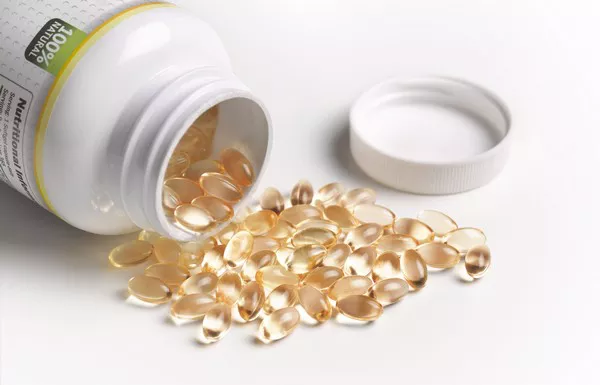The supplement industry is booming, with millions of Americans spending billions of dollars annually on vitamins and supplements in hopes of improving their health. However, experts warn that for most people, these expenditures may be unnecessary.
Dr. Matthew Silvis, vice chair of clinical operations for Penn State Health Family and Community Medicine, emphasizes that a well-balanced diet rich in fruits, vegetables, and nutritious foods typically provides all the essential nutrients needed for good health. Despite the widespread popularity of supplements, Silvis contends that most individuals do not require them.
However, certain populations may benefit from specific supplements. Pregnant women, for example, may need folic acid to prevent birth defects, while seniors with osteoporosis may benefit from calcium and vitamin D supplements. Additionally, vegans or individuals with conditions like Celiac disease may require multivitamins to compensate for nutrients they may not be getting from their diet.
Athletes undergoing high-intensity training may also find certain supplements helpful in replenishing lost nutrients. Professional athletes, in particular, often rely on supplements like protein shakes to maintain their protein intake due to the demands of their rigorous training regimes.
Silvis stresses the importance of consulting with a healthcare provider before starting any supplement regimen. While supplements may be beneficial for some, excessive intake of certain vitamins can lead to adverse health effects. Moreover, he cautions against the belief that “more is better,” noting that excess nutrients are simply excreted by the body and do not confer additional health benefits.
For consumers considering supplements, Silvis recommends looking for products verified by reputable organizations like the United States Pharmacopeia and NSF Certified for Sport to ensure safety and quality. These certifications provide assurance that the product contains what is listed on the label and meets strict standards for purity and potency.
Ultimately, while supplements may have their place for specific individuals with dietary deficiencies or unique nutritional needs, they are not a substitute for a healthy diet. Silvis emphasizes the importance of prioritizing whole foods and balanced nutrition to support overall health and well-being.


